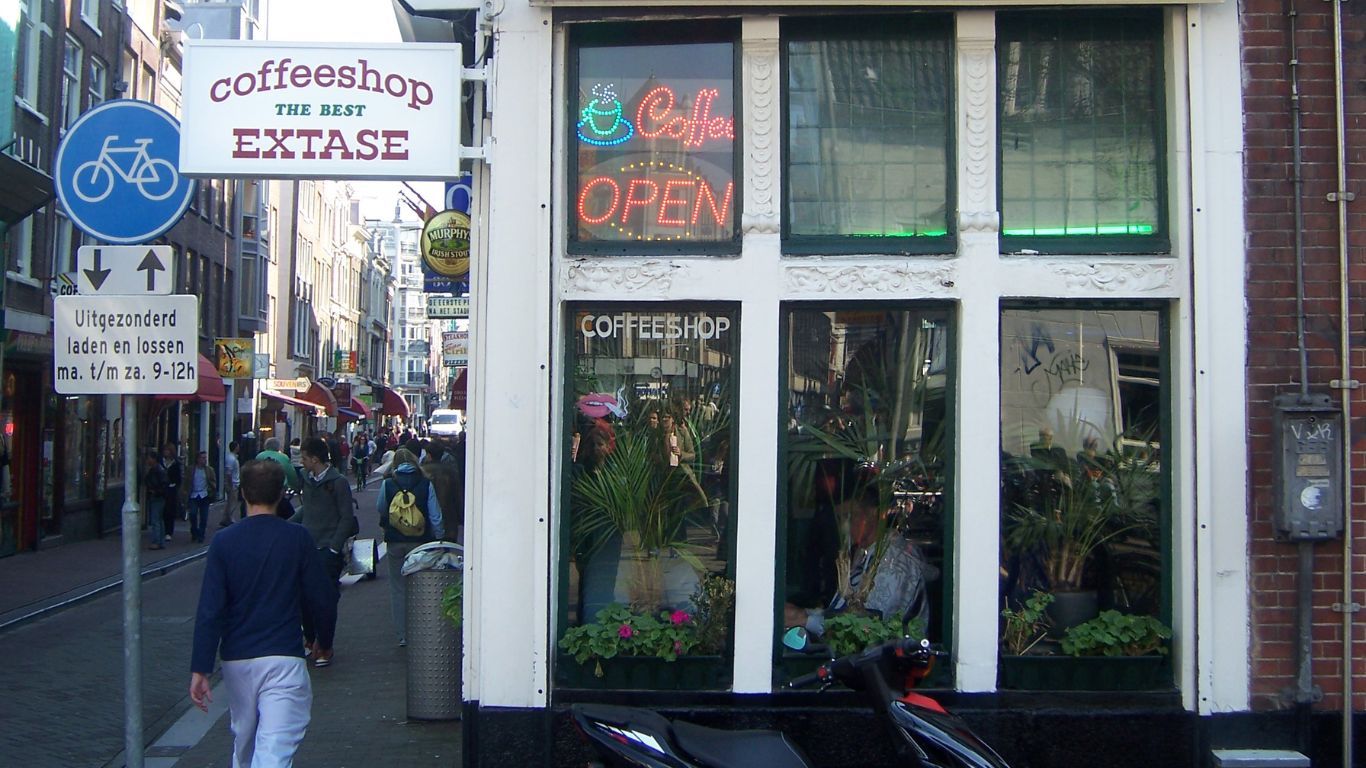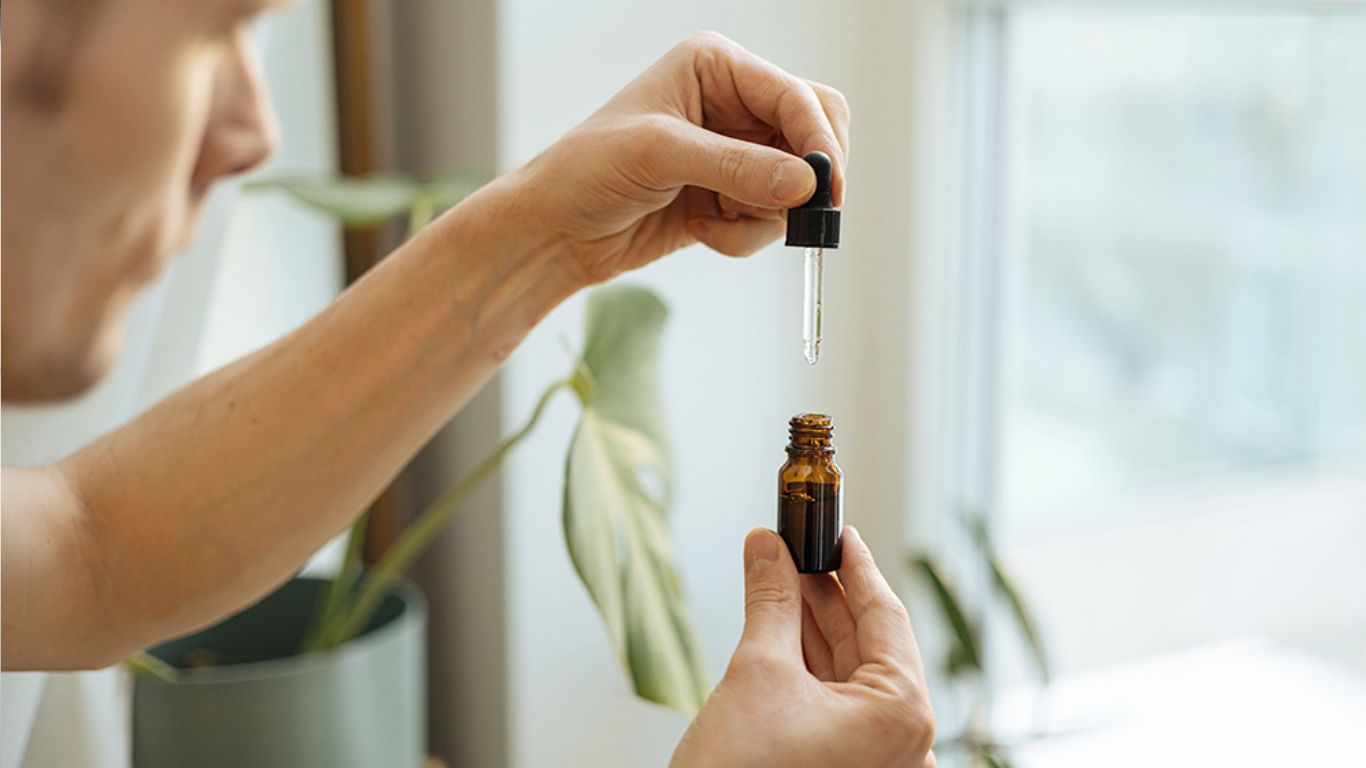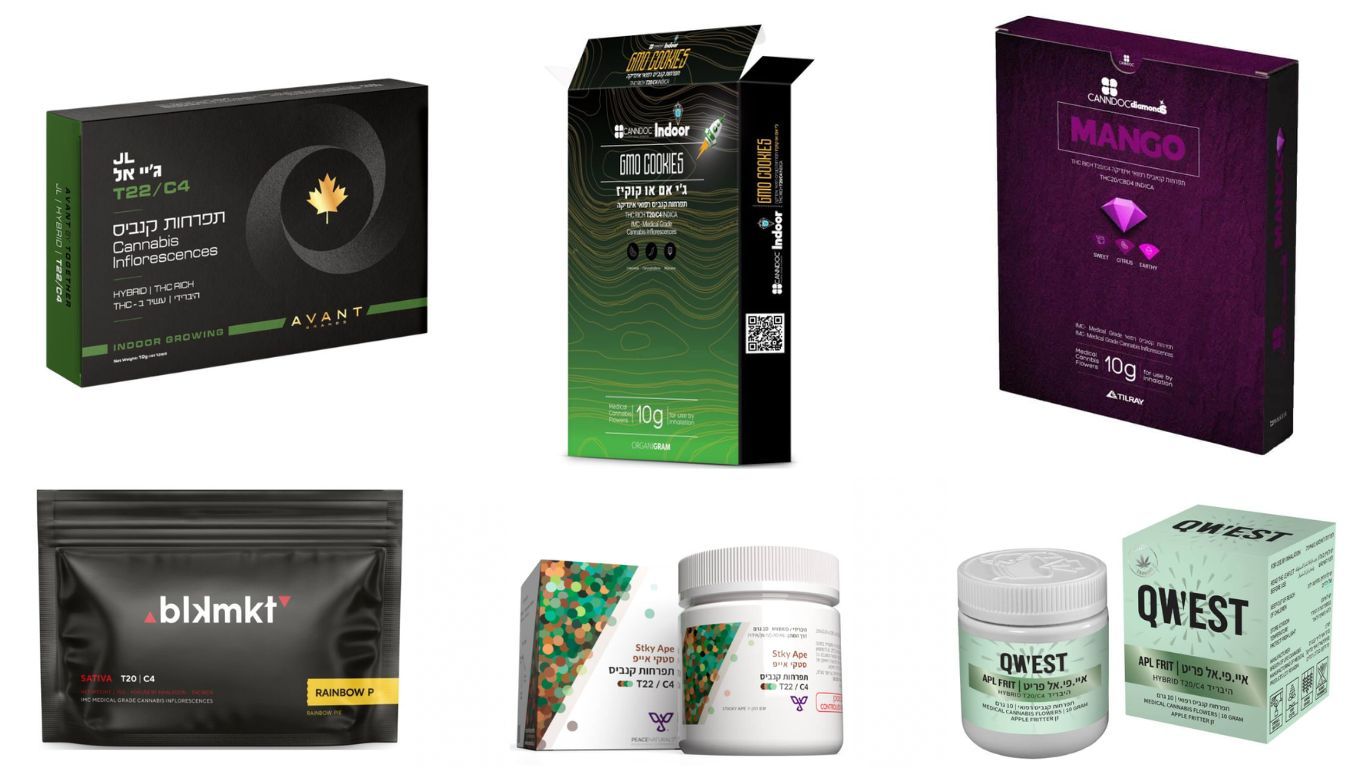
April 7 marks the first day a group of cannabis “coffeeshops” in ten cities in the Netherlands will be able to only sell cannabis from authorized growers.
The Dutch government announced its plans for a closed-loop supply chain project in 2022, which includes exploring the possibility of a “closed cannabis chain” for cannabis coffee shops in several cities across the country.
Eventually, around 80 authorized coffeeshops which sell cannabis took part in the pilot project, with some of their supply coming from ten growers licensed by the government, while also still securing some supply from their traditional illicit sources.
In a memo first sent out in December 2024, the Dutch government said that as of April 7, all coffee shops participating in the country’s cannabis supply chain experiment will only be allowed to sell regulated cannabis. The government says it plans to review this program after about four years.
In March, many of those shops said they were not yet ready for that transition, but the government said it was sticking to its timeline.
As of June 2024, all coffee shops in all ten participating Dutch municipalities have been allowed to sell regulated products alongside “tolerated” products to consumers. By the end of 2024, 70 of the total 75 participating coffee shops had sold regulated cannabis flower and hash.
“Weed was sold here legally for 50 years, but the production was never legal. So it’s finally time to end that crazy, unexplainable situation and make it a legal professional sector,” Rick Bakker, commercial director at Hollandse Hoogtes, one of the regulated producers, recently told The Associated Press, regarding the April 7 deadline.
The goal of the “closed-loop” experiment is to explore the feasibility of a quality-controlled cannabis production and distribution system in the country as an alternative to the current “tolerance policy” that has not-legal-but-tolerated “coffee shop” style points of sale, and unregulated, illicit growers who supply them.
A research paper examines the subject here, and can also be explored in-depth here. Currently, there are around 565 cannabis coffee shops in the country.
Canada- and US-based Village Farms is also one of those companies with a license to supply cannabis to these pilot project coffeeshops.
Following its first commercial harvest in January, the company recently said it had begun processing orders and deliveries into the Dutch market from its facility in the Netherlands.
The Leli Holland facility, one of just ten such licensed facilities in the Netherlands, is owned by Village Farms, the parent company of BC cannabis producer Pure Sunfarms. It’s approved for cultivation of up to 2,500 kilograms of cannabis a year.











